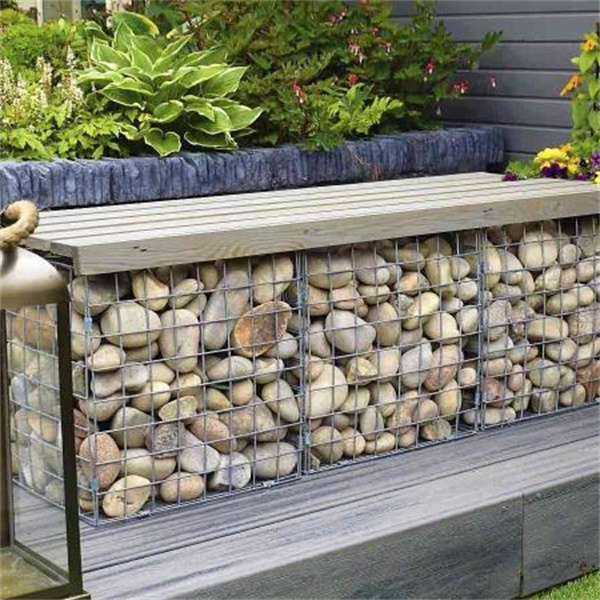elo . 19, 2024 23:08 Back to list
Top Quality Gabion Wall Wire for Durable and Stylish Outdoor Structures
The Best Gabion Wall Wire A Comprehensive Guide
Gabion walls have become increasingly popular in landscaping, civil engineering, and even in artistic applications due to their durability, flexibility, and aesthetic appeal. These structures are made from wire mesh cages filled with stones, rocks, or even concrete, and their effectiveness largely depends on the quality of the wire used. In this article, we’ll explore what makes the best gabion wall wire, its types, and considerations for your projects.
Understanding Gabion Walls
Gabion walls serve multiple purposes, including erosion control, slope stabilization, flood protection, and aesthetic enhancement in landscaping. Their design allows them to adapt to the landscape and distribute weight evenly, making them a practical choice for various applications. However, the longevity and stability of these walls are significantly influenced by the type of wire used in their construction.
Types of Gabion Wall Wire
1. Galvanized Wire One of the most common types of wire used for gabion walls is galvanized wire. This wire is coated with zinc, which helps protect it from corrosion. Galvanized wire comes in different thicknesses, and its strength makes it a reliable choice for creating robust gabion cages. The typical diameter for galvanized wire ranges from 3mm to 5mm.
2. PVC Coated Wire For those looking for enhanced durability and aesthetic options, PVC-coated wire is an excellent choice. The PVC coating adds an extra layer of protection against rust and corrosion while also allowing for color options that can blend or contrast with the surrounding environment. This type of wire is particularly popular for decorative gabion walls.
3. Stainless Steel Wire For extreme environments where heightened resistance to corrosion is necessary, stainless steel wire is the ideal solution. While more expensive than galvanized or PVC-coated options, stainless steel offers unmatched strength and longevity, making it suitable for industrial applications or coastal areas where saltwater exposure is a concern.
best gabion wall wire

Key Considerations in Choosing Gabion Wall Wire
1. Corrosion Resistance The environment where the gabion wall will be installed is a crucial factor. For coastal or highly humid areas, stainless steel or PVC-coated wire is recommended.
2. Wire Thickness Thicker wire usually provides better strength and stability. However, it also adds to the material cost. It’s essential to balance cost with the required strength for your specific application.
3. Mesh Size The size of the mesh openings impacts the structural integrity of the wall. Smaller gaps can prevent shifting stones and provide a more solid appearance, while larger gaps may allow for more flexibility in terms of filling materials.
4. Aesthetics The appearance of gabion walls can enhance landscape designs. Choose a wire that complements the visual aspects of your project, and consider PVC coating for additional color options.
5. Environmental Impact It's essential to consider sustainable practices when sourcing materials. Opt for manufacturers who prioritize eco-friendly processes in their wire production.
Conclusion
The choice of wire for gabion walls plays a pivotal role in determining the structure's effectiveness, durability, and visual appeal. Galvanized, PVC-coated, and stainless steel wires each offer unique advantages that cater to specific needs and environmental conditions. By understanding these elements and considering the context of your project, you can select the best gabion wall wire to ensure a sturdy, long-lasting, and aesthetically pleasing structure. Whether it’s for landscaping, erosion control, or artistic expression, the right wire choice will result in a successful and enduring gabion wall.
-
HESCO Gabion Baskets for Coastal Erosion Prevention
NewsAug.22,2025
-
Longevity and Durability of River Rock Gabion Walls
NewsAug.22,2025
-
How to Integrate Gabion 3D Walls in Urban Planning
NewsAug.22,2025
-
Reno Mattress Gabion Applications in Civil Engineering
NewsAug.22,2025
-
How to Install Wire Mesh for Gabion Baskets Properly
NewsAug.22,2025
-
Best Materials for Filling a Chain Link Gabion
NewsAug.22,2025
-
Wire Mesh Thickness Impact on Gabion Wall Load Bearing
NewsAug.12,2025






